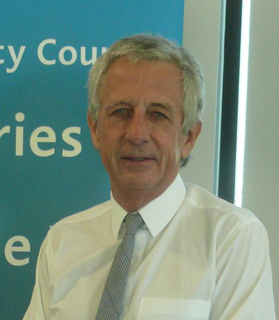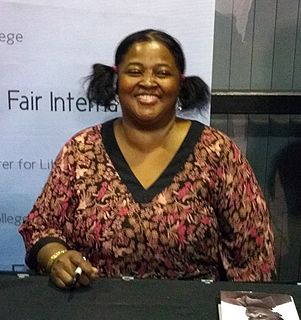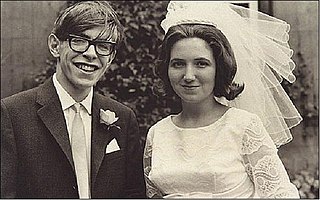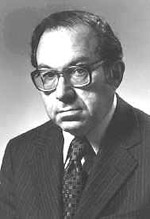A Quote by Trevor Noah
If the police believed that they were planning any form of resistance against the state, then you were just gone. Nobody knew where you were, and you just hoped to see that family member again.
Related Quotes
I was just a seventeen-year-old kid, going to Times Square to participate in this left-wing demonstration. The signs were for peace and justice and so on. But then I was attacked by police mounted on horseback and on foot. Before I knew it, I was clubbed and knocked unconscious. So it gave me a radical view of the United States, a critical view of the role of the state and of the instruments of the state - the police, the Army, and so on - as not being neutral at all in political battles, but being generally against workers and against striking people, against dissenters of all kinds.
People "died" all the time. . . . Parts of them died when they made the wrong kinds of decisions-decisions against life. Sometimes they died bit by bit until finally they were just living corpses walking around. If you were perceptive you could see it in their eyes; the fire had gone out. . . you always knew when you made a decision against life. The door clicked and you were safe inside-safe and dead.
The advertising men made it clear that there were two ways of looking at ideas in a war against fascism. Those of us who were working on the project believed ideas were to be fought for; the advertising men believed they were to be sold. The audience, those at home in wartime, were not 'citizens' or 'people.' They were 'customers.'
Me and my sisters were taught that if our eyes worked and our legs worked, we were beautiful. We had so many kids in our family that if we all got in front of the mirror and were ashamed of browns and golds and yellows and whites, and we believed what society told us - that the darker people were less attractive and the lighter ones were prettier - we would have had sibling murders. My family, being half-rural and half-military, just came from a different place.
As the Nazi regime developed over the years, the whole structure of decision-making was changed. At first there were laws. Then there were decrees implementing laws. Then a law was made saying, ‘There shall be no laws.’ Then there were orders and directives that were written down, but still published in ministerial gazettes. Then there was government by announcement; orders appeared in newspapers. Then there were the quiet orders, the orders that were not published, that were within the bureaucracy, that were oral. And finally, there were no orders at all. Everybody knew what he had to do.
New teachers were just a part of life, for a few days after one arrived, squawks of interest were emitted from various corners, but then they died away as the teacher was absorbed like everyone else...before you knew it, the fresh ones seemed to have been teaching there forever too, or else they didn't last very long, and were gone before you'd gotten to know them.

































